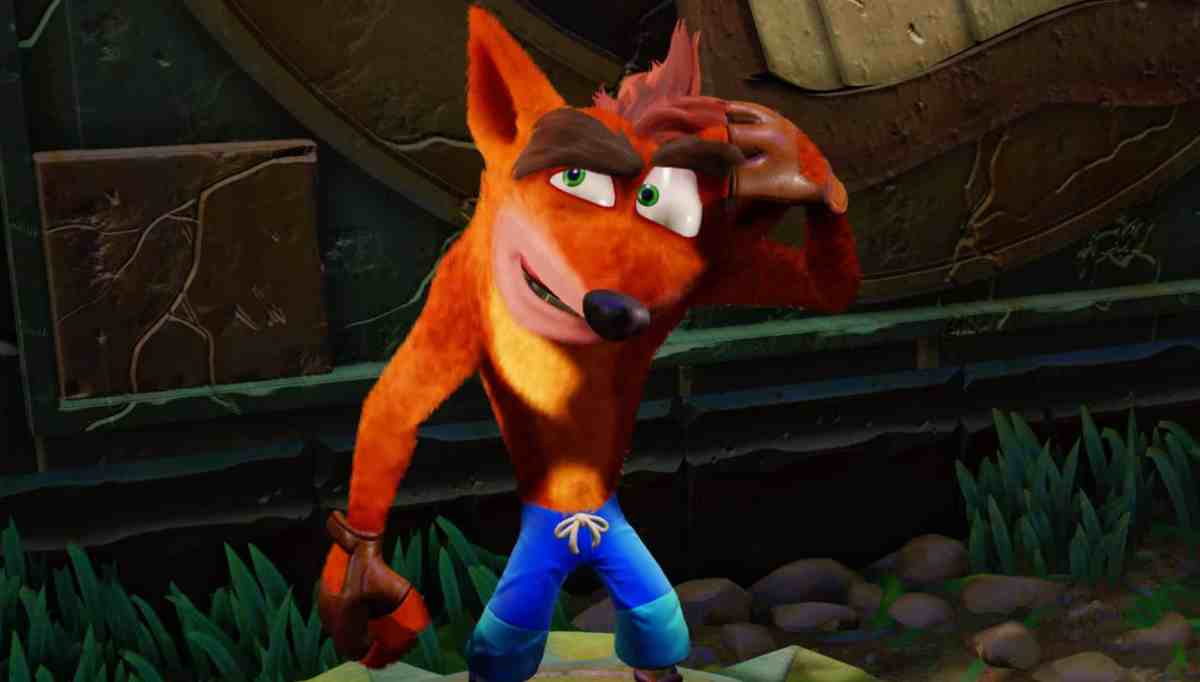Microsoft president and vice chairman Brad Smith has penned a new opinion column for The Wall Street Journal, wherein he calls competitor Sony – the harshest opposition to the company’s upcoming acquisition of Activision Blizzard – the new Blockbuster, facing down Microsoft as Netflix. The column, surfaced by IGN, is written as a defence of the proposed Activision Blizzard buyout, and attempts to explain why it’s actually good for gamers.
‘Sony has emerged as the loudest objector,’ Smith said. ‘It’s as excited about this deal as Blockbuster was about the rise of Netflix … Think about how much better it is to stream a movie from your couch than drive to Blockbuster. We want to bring the same sort of innovation to the video game industry.’
In positioning Microsoft as Netflix, Smith appears to associate the company with positive innovation, leading change – streaming, cloud capacity, subscription services – in an industry on the cusp of evolving. Sony, on the other hand, is compared to the now-defunct Blockbuster, which failed as it refused to move with the times, as streaming rose to full power.
Read: Microsoft will likely offer concessions for Activision Blizzard deal
Smith believes Microsoft’s ‘innovative’ services, like Xbox Game Pass, are the future of gaming – and that Sony is attempting to get in the way of progress by barring Microsoft from expanding its potential with the Activision Blizzard library.
Where the narrative loses steam is in the reality of comparison between Microsoft and Sony. As Smith makes clear, Microsoft is still in ‘third place’ in the world of video games – stuck behind PlayStation and
‘To get subscribers to [Xbox Game Pass], Microsoft needs a full library of popular games and, as things stand, we simply don’t have enough,’ Smith said. There’s hope the Activision Blizzard deal will remedy this complaint, leading to a new era for Microsoft – although slow regulatory approval and concerns from Sony may divert this future.
According to new reports, the US Federal Trade Commission is currently debating the buyout between a four-person panel, with the decision split. Should it pass the FTC, it will likely be delivered with harsh concessions – potentially in the form of new licensing deals for content, or guarantees of non-exclusivity.
As it stands, Microsoft is still very far away from those Netflix comparisons – and may remain so for many years to come.





